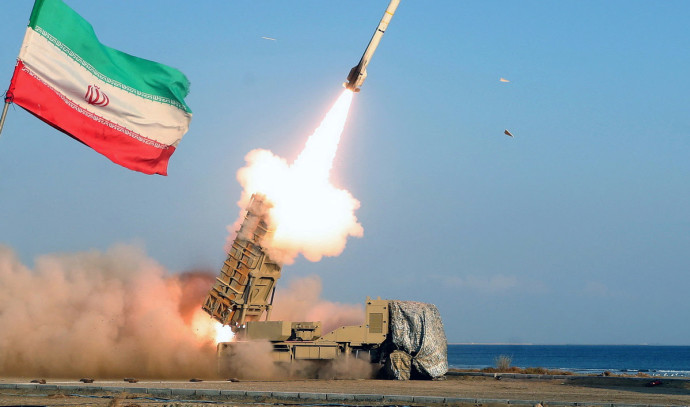ARTICLE AD BOX
Sources have told The Jerusalem Post there were no plans to attack anytime before playing out what Hamas will do on Saturday.
By YONAH JEREMY BOB FEBRUARY 12, 2025 22:18 Israeli soldiers seen inside the northern Gaza Strip, as seen from the Israeli side of the border, on January 19, 2025
(photo credit: YONATAN SINDEL/FLASH90)
Israeli soldiers seen inside the northern Gaza Strip, as seen from the Israeli side of the border, on January 19, 2025
(photo credit: YONATAN SINDEL/FLASH90)
The IDF, as of Wednesday, has mobilized not only mandatory-service soldiers near Gaza but also reservists and special forces in preparation for a scenario where it would need to return to a full-fledged war or mini penetrations into Gaza.
At the same time, two days into the saber-rattling crisis with Hamas over whether the group would turn over three or more hostages to Israel on Saturday, the IDF was overwhelmingly holding its fire.
Sources have told The Jerusalem Post there were no plans to attack anytime before playing out what Hamas will do on Saturday.
If Hamas hands over at least the three hostages it was meant to hand over on Saturday as per Phase I of the deal, it is unclear – despite threats by US President Donald Trump and Prime Minister Benjamin Netanyahu – that the IDF would take any military action before the next hostage turnover scheduled for February 22.
Hamas seemed to instigate the latest crisis to try to pressure Israel to move toward its position in negotiations over Phase II of the hostage deal, due to kick in around March 1, while Jerusalem seemed to try to flip the narrative of Hamas using Trump’s threats.
Echoing threats by Netanyahu on Tuesday night, Defense Minister Israel Katz on Wednesday said, “If Hamas doesn’t release the Israeli hostages by Saturday, the gates of hell will open for them, as President Trump promised.
“The new Gaza war will be different in its intensity as compared to how it was before the ceasefire and will not end without decisively defeating Hamas and returning the hostages,” he added.
The one attack that the IDF did undertake was very limited and calibrated to address a drone threat in Rafah.
In that incident, the air force struck a drone and the two terrorists who were collecting the drone on Wednesday morning.
According to Arab media, one of those struck was killed, while the other was wounded.
Stay updated with the latest news!
Subscribe to The Jerusalem Post Newsletter
While the drone crossed into Israel, the IDF monitored throughout its flight and tracked it as it flew to Rafah. The IDF said it struck both the drone and the suspects.
“The IDF will not allow any terrorist activity and will continue to act as necessary to ensure the security of Israel’s citizens,” the military said.
The army noted that it has recently identified several attempts to smuggle weapons into the Gaza Strip using drones.
On Sunday, on the Egyptian border, the IDF foiled an attempt to smuggle in weapons using a drone.
When the IDF identified the drone crossing into Israeli territory from Egyptian territory, Israeli forces followed the drone.
Unlike Wednesday’s strike, where the IDF destroyed the drone, on Sunday, the IDF did not say how it downed and took possession of the drone and the three weapons it was carrying.
Given that the drone was not shot down, it is possible that the IDF used one of many open-market technologies for jamming or hacking drones to force them to land.
The IDF did not say who had sent the drone, but aside from Hamas, it could also have been criminal smugglers who have been smuggling small amounts of weapons over the Israel-Egyptian border for years.
IDF continues operations in the West Bank
Meanwhile, in ongoing IDF operations in the West Bank since January 21, the army said on Wednesday that it killed a terrorist in the Nur al-Shams area.
There was an extended firefight between Maglan special forces and the terrorists, in which one soldier was also moderately wounded.
The IDF did not issue any other updates about West Bank operations, suggesting that while the broader operation is continuing, the intensity may have fallen since its early weeks.
In Lebanon, the IDF issued additional warnings to the Lebanese people to keep their distance from any remaining IDF defense line positions in southern Lebanon.
Though Israel is seeking another extension, all indications are that the IDF will need to withdraw on February 18 after having gotten an extension to remain in parts of southern Lebanon past the original January 26 deadline set in the November 27 ceasefire with Hezbollah.
Jerusalem Post Staff contributed to this report.

 7 hours ago
8
7 hours ago
8







 English (US) ·
English (US) ·